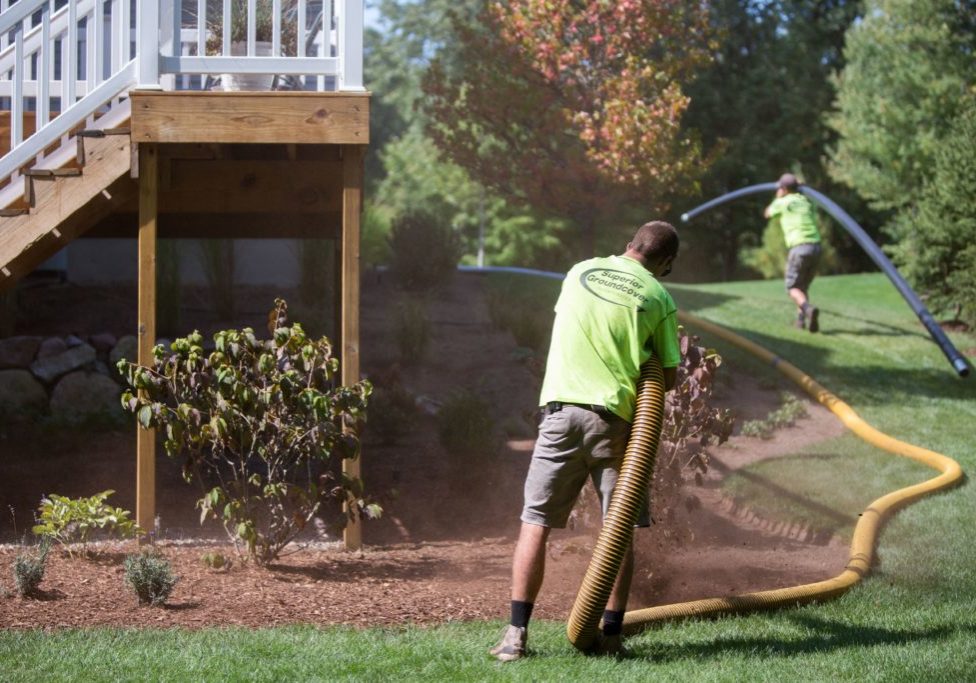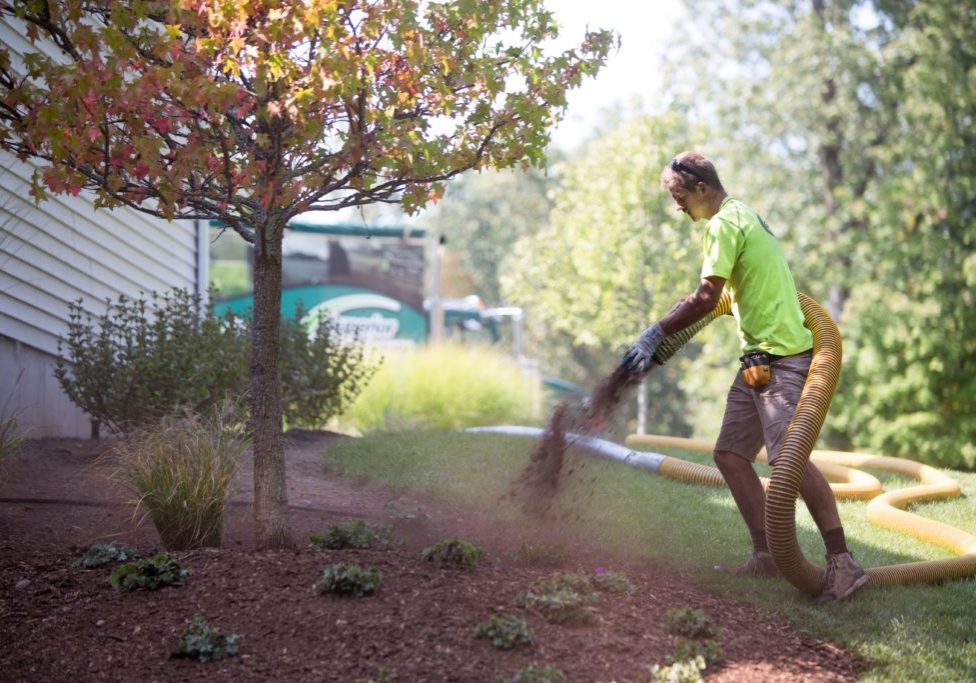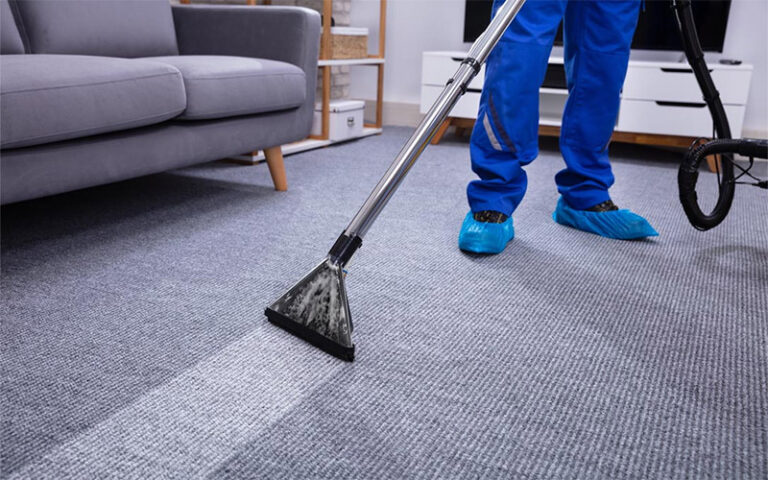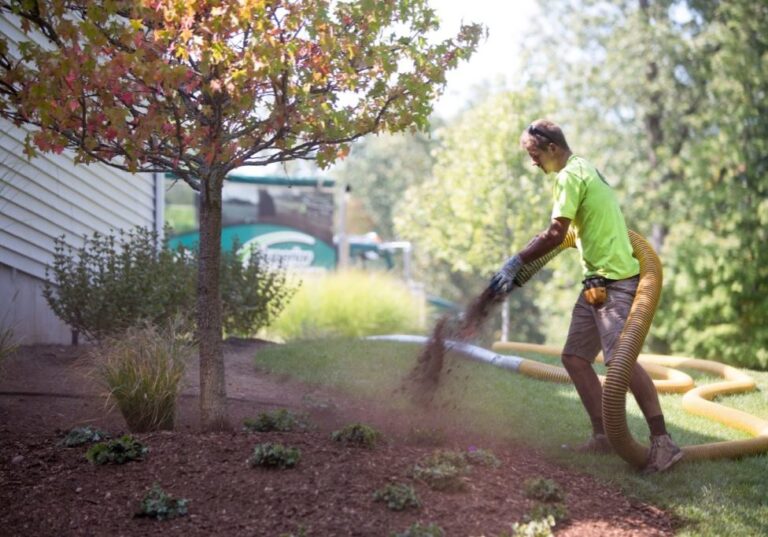One secret weapon of any gardening tips is the mulch. In a landscaping design, the charming starlet steals the spotlight. Whether you are grooming a front yard or raising vegetables in the backyard, call for mulch delivery company cincinnati to make the panting area earth-friendly and beautiful.
Mulch is not only decorative. It has also another purpose in the garden area, such as:
- maintains moisture in the soil
- suppresses or blocks weeds
- keeps soil and plant roots cool
- prevents frost heaving in winter
- beautifies the garden bed and landscape
Mulch covers the surface of the soil. The other types of mulches are nutrient-rich, which is good for the soil. Do you wonder how a garden benefits from mulch? Learn the types of mulches and pick the best kind to apply for your garden needs.

Types of mulches
Mulches are aesthetically pleasing and functional. There are two categories of much, namely:
- Organic mulch
- Inorganic mulch
Organic mulch
Organic mulch is the best option for adding beneficial nutrients to the garden. The mulch contains natural substances that make it a biodegradable material. It can suppress the weeds temporarily. Organic mulches are best to add to a vegetable garden bed.
Organic mulch will decompose because it is made of natural ingredients. You can replace organic mulch once it is decomposed. The decomposing material helps the soil structure improve, as well as:
- drainage
- nutrient-holding capacity
- organic content
Woody and dry mulch is slow to decompose. Organic mulch can be from different sources, such as:
- Bark
- Grass clippings
- Newspaper
- Pine needles
- Shredded leaves
- Straw
Inorganic mulch
The inorganic mulch is a synthetic material. This type of mulch is the perfect choice when you want to entirely block the weeds and retain water. It can last longer than organic mulch, and it remains for an aesthetic purpose only.
Inorganic mulches will hold the moisture and block the weeds. It doesn’t decompose quickly or doesn’t require replacing often. Examples of inorganic mulches are:
- Gravel and stone
- Plastic and landscape fabric
The best time to apply mulch
Spring is the best time to put mulch because the weather is always warm. You can mulch after stripping off an old mulch and weeding. One big mistake that other people make is adding another layer of new mulch on the old one. This is not recommended. Fall is also a good time to apply mulch for some reasons, such as conserving moisture and protecting soil and roots.
















